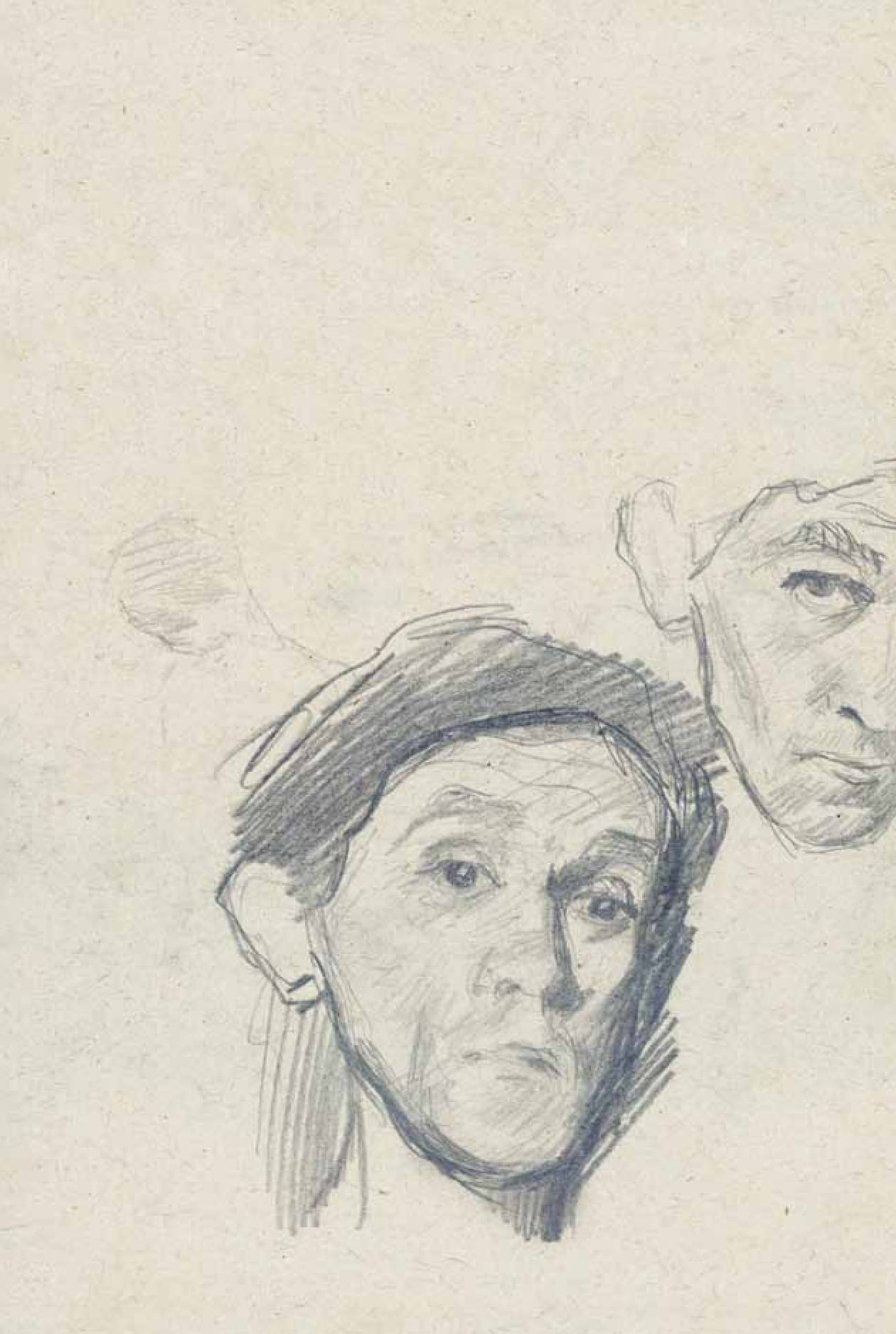Druga wojna światowa i Holokaust w prozie trzeciego pokolenia (z akcentem Schulzowskim). „Kontrapunktowe” przypadki Piotra Pazińskiego i Erwina Mortiera
DOI:
https://doi.org/10.26881/sf.2018.12.05Abstrakt
The paper is a comparative analysis of the „schulzoid” and „contrapuntal” novels by Piotr Paziński (The Boarding House) and Erwin Mortier (Marcel). A comparison of the novels is, however, a pretext to approach a much more complex topic which is the representation of trauma by the third post-Holocaust generation, both from the point of view of the victims (Paziński), and that of the oppressors (Mortier). The author has identified characteristic Schulzian motifs which in The Boarding House and Marcel have different functions: the autobiographical setting, the child-narrator, the tension between harmony and discord of remembrance, fascination with trash, and interest in the myths of genesis. Schulz – both the style of his fiction and he himself as a Holocaust victim – has turned into a significant figure for a generation, connecting two seemingly diverse discourses of Paziński and Mortier.
Downloads
Bibliografia
Berger Alan L. 1997. Children of Job: American Second-Generation Witnesses to the Holocaust. New York: University of New York Press.
Berger Alan L., Milbauer Asher. 2013. „The Burden of Inheritance”. Shofar: An Interdisciplinary Journal of Jewish Studies 31. 3.
Blacker Uilleam. 2016. The Return of the Jew in Polish Culture. W Reverberations of Nazi Violence in Germany and Beyond: Disturbing Pasts. Ed. S. Bird. London: Routledge.
Borowicz Jan. 2015. Holocaust Zombies: Mourning and Memory in Polish Contemporary Culture. W Revisiting Holocaust Representation in the Post-Witness Era. London: Palgrave Macmillan UK.
Buryła Stanisław. 2014. „The Holocaust in Polish Prose”. Forum for World Literature Studies 6. 3.
De Kosnik Abigail. 2016. Rogue Archives: Digital Cultural Memory and Media Fandom. Cambridge: The MIT Press.
Dorrit Claire Cohn. 1984. Transparent Minds. Princeton: Princeton University Press.
Grimstad Knut Andreas. 2013. Polish Holocaust Writing after Testimony, or the Relevance of Piotr Paziński’s “The Boarding House”. W Polish Literature in Transformation. Ed. U. Phillips, K.A. Grimstad, K. van Heuckelom. Zürich: Lit Verlag.
Herlth Jens. 2013. „Słodko-gorzkie heterotopie. Bruno Schulz i «tekst sanatoryjny» w europejskiej literaturze okresu międzywojennego”. Wielogłos 16.
Heuckelom Kris van. 2014. „Z tkaniny do tekstu. Autoreferencyjność w twórczości Brunona Schulza i Erwina Mortiera”. Ruch Literacki 4–5.
Hirsch Marianne. 2008. „The Generation of Postmemory”. Poetics Today 29. 1.
Hirsch Marianne. 2008. „The Generation of Postmemory”. Poetics Today” 29. 1.
Hirsch Marianne. 2011. „Pokolenie postpamięci”. Tłum. M. Borowski, M. Sugiera. Didaskalia 105.
Hirsch Marianne. 2011. „Pokolenie postpamięci”. Tłum. M. Borowski, M. Sugiera. Didaskalia 105.
Hoffman Eva. 2004. After Such Knowledge: Memory, History, and the Legacy of the Holocaust. New York: Public Affairs.
Hoffman Eva. 2004. After Such Knowledge: Memory, History, and the Legacy of the Holocaust. New York: Public Affairs.
Lagrou Pieter. 2007. The Legacy of Nazi Occupation: Patriotic Memory and National Recovery in Western Europe, 1945–1965. Cambridge – New York: Cambridge University Press.
Lensen Jan. 2007. „Een half weggevaagd gezicht”. Spiegel der Letteren 49. 1.
Lensen Jan. 2013. „Perpetrators and Victims: Third-Generation Perspectives on the Second World War in Marcel Beyer’s «Flughunde» and Erwin Mortier’s «Marcel». Comparative Literature 65. 4.
Lensen Jan. 2013. „Perpetrators and Victims: Third-Generation Perspectives on the Second World War in Marcel Beyer’s «Flughunde» and Erwin Mortier’s «Marcel». Comparative Literature 65. 4.
Lensen Jan. 2014. De foute oorlog: Schuld en nederlaag in het Vlaamse proza over de Tweede Wereldoorlog. Antwerpe: Apeldoorn Garant.
M. Hinderdael, Lieve Jooken, Heili Verstraete. 2008. De aarde heeft kamers genoeg: hoe vertalers omgaan met culturele identiteit in het werk van Erwin Mortier. Antwerpen: Garant.
McGlothlin Erin. 2006. Second-Generation Holocaust Literature: Legacies of Survival and Perpetration, Rochester – New York: Camden House.
Ochman Ewa. 2013. Post-Communist Poland – Contested Pasts and Future Identities, London – New York: Routledge.
Plaice R. 2012. „Holocaust Memory in Recent Polish Literature: Andrzej Bart’s «Fabryka Muchołapek» and Piotr Paziński’s «Pensjonat»”. Journal of European Studies 42, 1.
Reszke Katka. 2013. Powrót Żyda: narracje tożsamościowe trzeciego pokolenia Żydów w Polsce po holokauście. Przeł. I.J. Barra. Budapeszt–Kraków: Austeria.
Reszke Katka. 2013. Return of the Jew: Identity Narratives of the Third Post-Holocaust Generation of Jews in Poland. Boston: Academic Studies Press.
Rosiński Cezary. 2015. „Wytwarzanie przestrzeni. Twórczość Piotra Pazińskiego a praktyki codzienności”. Forum Poetyki 2.

 Uniwersyteckie Czasopisma Naukowe
Uniwersyteckie Czasopisma Naukowe





